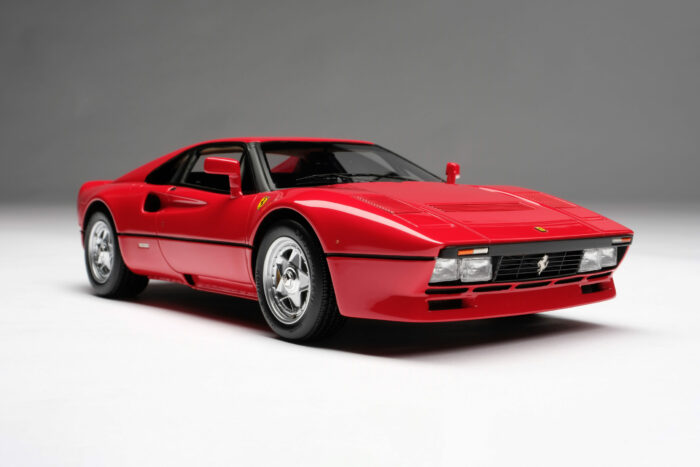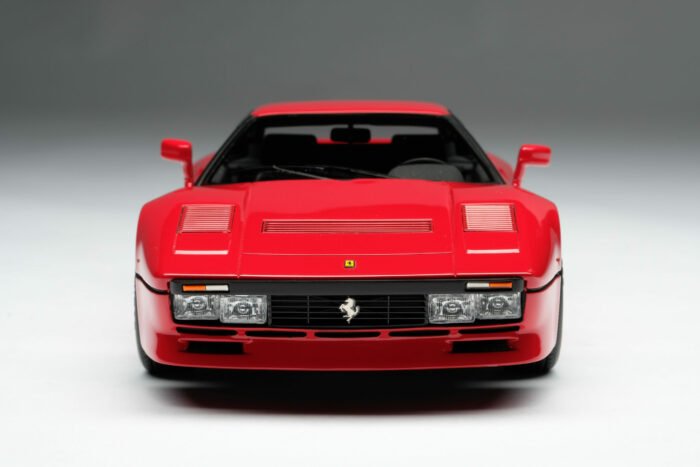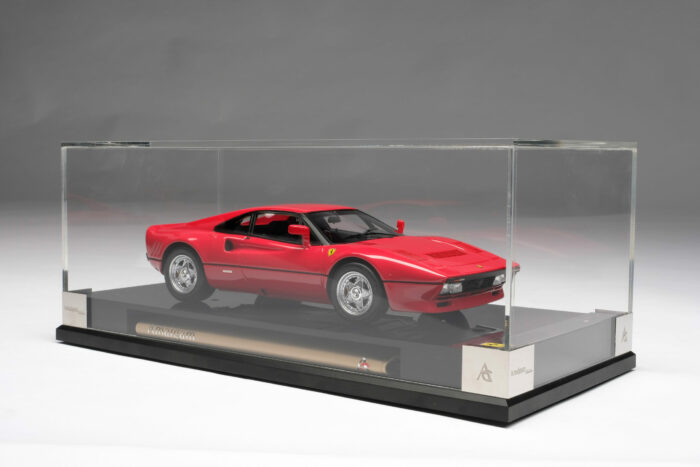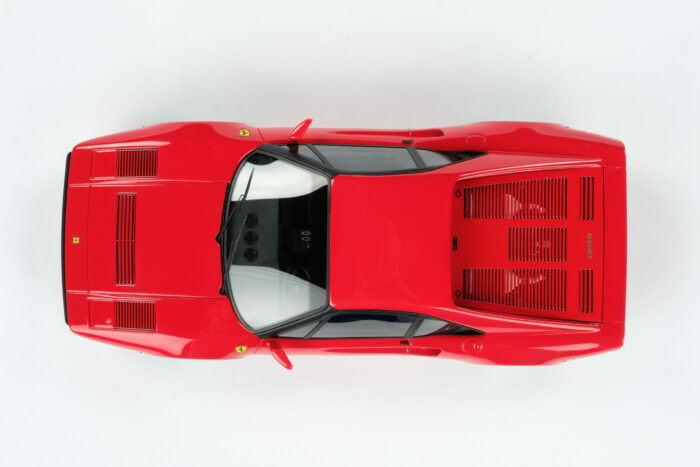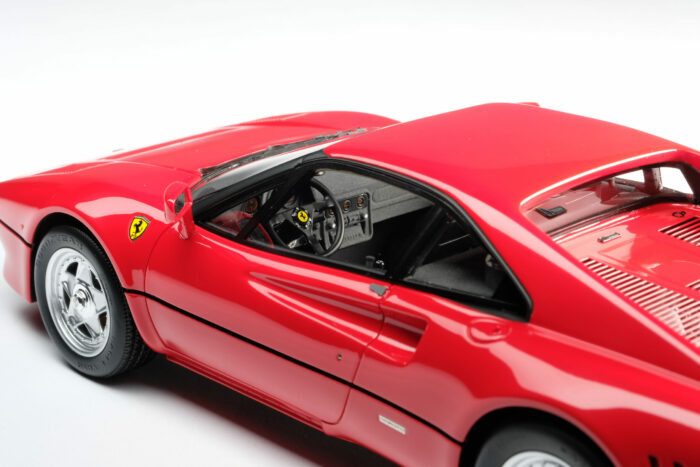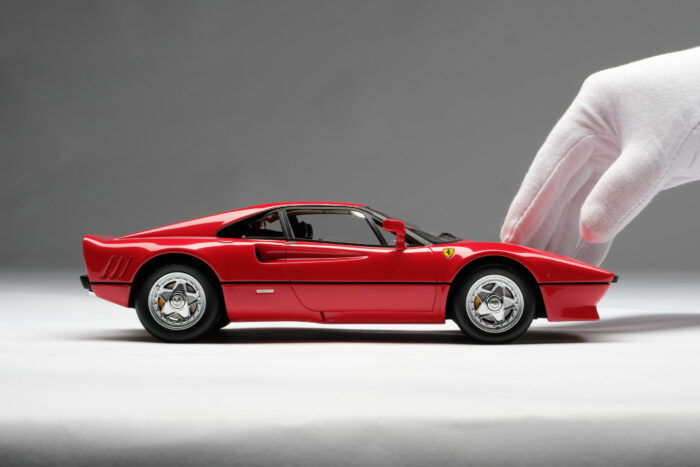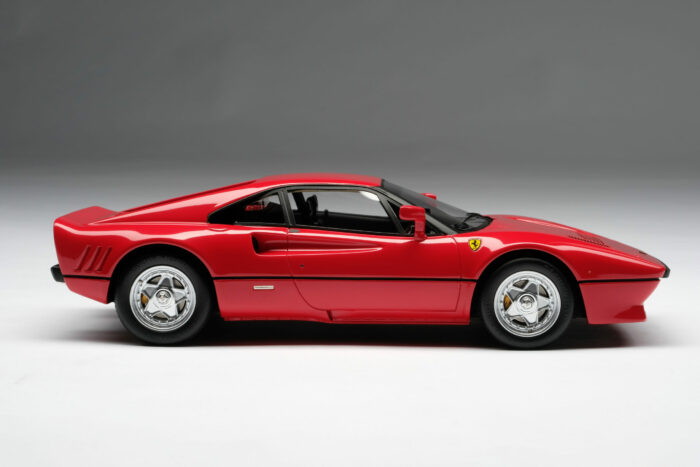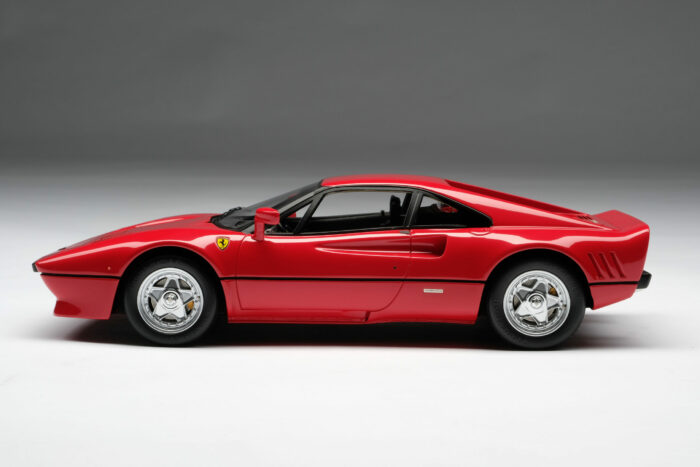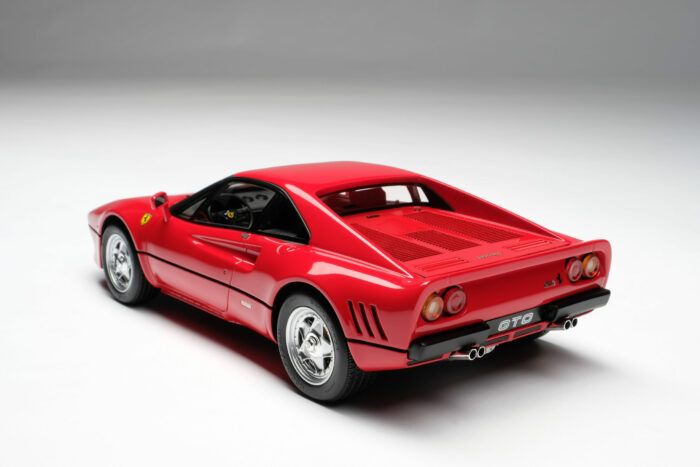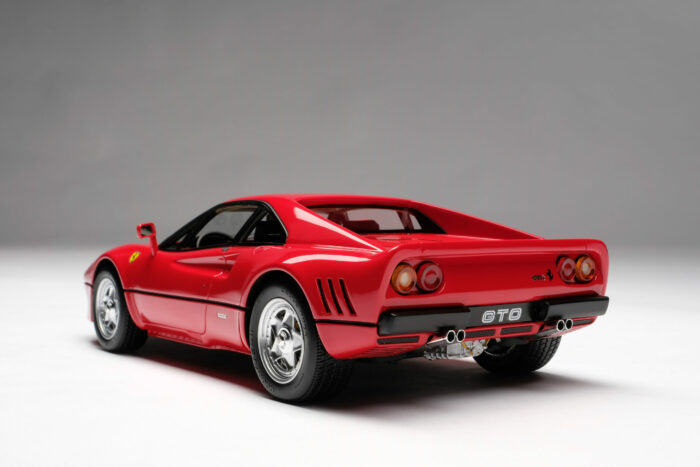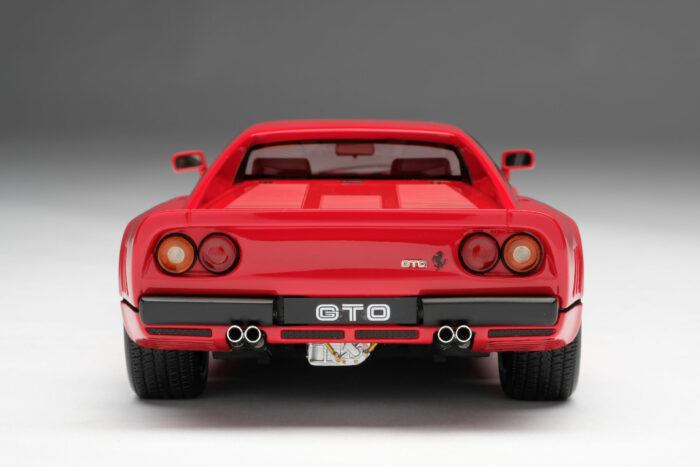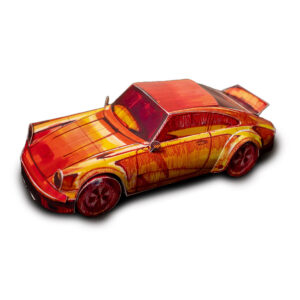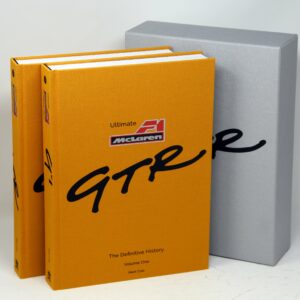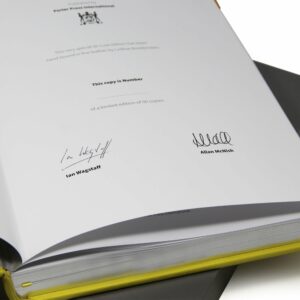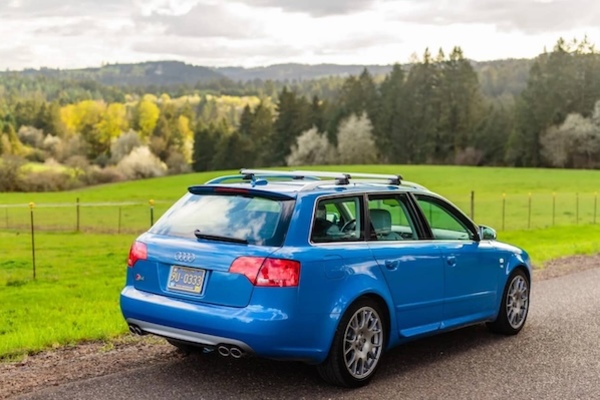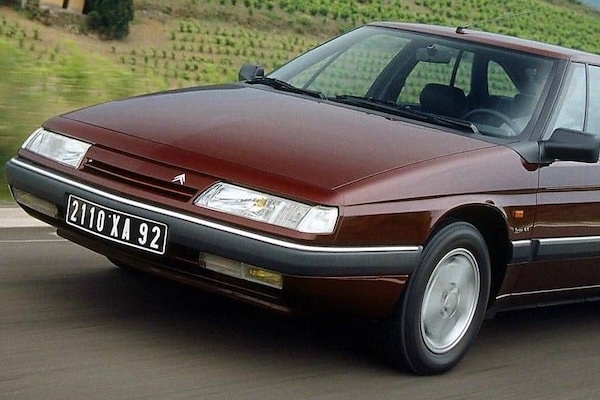Ferrari 288 GTO Car Model
Amalgam Collection1 307 $
1:18 scale model, over 23 cms/9 inches long
Each model hand-built and assembled by a small team of craftsmen
Made using the finest quality materials
Over 800 hours to develop the model
Precisely engineered parts: castings, photo-etchings and CNC machined metal components
Built using original CAD designs, paint codes and material specifications from Ferrari
Announced by Enzo Ferrari in September 1983, and unveiled at the Geneva Motor Show in March 1984, the GTO sparked off a wave of enthusiasm. The legendary moniker (named after the 250 GTO of the mid-1960s), the stunning styling by Pininfarina, the engine with its seemingly inexhaustible power and the widespread use of innovative composite materials, made the GTO the closest thing to a racing car. Largely because that’s exactly what it was conceived to be.
Common lore says the Ferrari 288 GTO was designed to go racing in the subsequently aborted Group B category of rallying, with a limited run of 200 cars to satisfy the two hundred unit build number for homologation purposes. But according to Ferrari engineer and father of the 288 GTO, Nicola Materazzi, the project predated Group B regulations. The GTO, he said, was born out of Enzo Ferrari’s concern that his road cars had lost their edge so much so that cars which were “fractions of Ferraris” could beat them. Whatever the reason for its conception, the GTO never raced. Group B was cancelled for safety reasons but Ferrari persevered. Such was the sensation of its appearance at Geneva, the car sold out immediately before production had even commenced. One potential buyer wanted a GTO so badly that he paid 20,000 Swiss francs for a document attesting that he would buy number 201 if it was built. He was in luck. Ultimately, Ferrari turned out a total of 272 GTOs between 1984-86. Still, dealerships would get no more than one example—and would have to handpick a customer to be approved by Ferrari. Most went for well over their asking price. Today, that’d be a bargain, as the 288 GTO, just like its 1960s predecessor, is now prized on the collector market.
The GTO really captured the imagination, though visually it was nothing startlingly different to the series production models at the time. The Pininfarina-designed body was formed by old-school methods; designers took their preliminary sketches straight to the workshop, dispensing with then-nascent computer aided design. Flared fenders, spoilers, and multiple air intakes front and rear gave the car a much more aggressive stance: a 308 on steroids. Though based on the 308 series silhouette, they shared very few components. The GTO was highly influenced by the Formula 1 team, using a high-tensile steel spaceframe with Kevlar, fibreglass and aluminium elsewhere. Its 400hp, 2,855cc V8 beating heart defined its unofficial name; its fans christened it the ‘288’ to distinguish it from the legendary 250 GTO. The power unit was mounted longitudinally to improve its 1160kg weight distribution, which allowed the ancillaries, gearbox and twin IHI turbochargers to be more efficiently packaged, though Pininfarina design boss Leonardo Fioravanti still had to stretch the wheelbase by 11cm and widen the track. Despite this, the GTO was 5mm shorter than the 308, due to a reduced rear overhang. It is also the first Ferrari to have ever been fitted twin turbochargers. Boasting a top speed of 189mph (305km/h), the 288 accelerated to 62mph (100km/h) in a speedy 4.9 seconds. Regardless of its racing-based origins, the GTO was suitably equipped for road use, with leather trimmed seats as standard and options such as electric windows and air conditioning available.
Every Amalgam 1:18 scale model is supplied in a luxury black box with a protective outer carrying sleeve. Each model is mounted on a polished black acrylic base protected by a clear acrylic dust cover. The base holds a booklet containing the certificate of authenticity along with information and collateral material about the car. The model title and original branding is displayed on a polished stainless steel plaque mounted at the front end of the base.
This fine 1:18 scale model of the Ferrari 288 GTO exhibits the car as unveiled at the Geneva Motor Show in March 1984. It has been handcrafted and finished in our workshops using CAD directly provided by Ferrari allowing us to perfectly recreate every detail at scale. Finally, the prototype model has undergone detailed scrutiny by Ferrari’s engineering and design teams to ensure complete accuracy of representation.
Please note that certain links on this website are affiliate links. If you click on an affiliate link and make a purchase, we may earn a commission.
